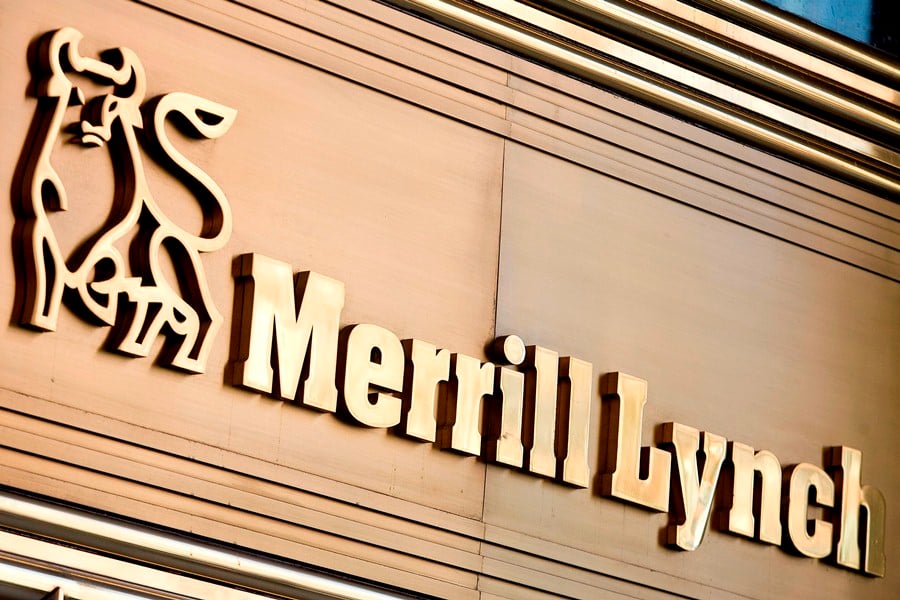The Department of Labor's
fiduciary rule is dead, but investments in technology to help advisers meet a best-interest standard are not.
This week saw the public launch of Merrill Lynch's new Fiduciary Dashboard, a practice management tool to help advisers serve clients in Merrill Lynch One, the firm's fee-based platform, profitably and at scale.
The Fiduciary Dashboard identifies when an account or portfolio drifts away from guidance provided by Merrill's chief investment officer. It then prioritizes the adviser's activities, workflows and client outreach to ensure the adviser meets his or her fiduciary responsibility.
So if a client makes a deposit that significantly elevates their cash position, the technology will notify the adviser that a change is required so the adviser can proactively reach out and recommend a course of action.
"It makes it faster and easier for advisers to follow the advice and guidance of our CIO — whether that be asset allocation, product choice, drift exposures — and use that information in client dialogues," said Jay Link, head of investment advisory programs and platforms at Merrill Lynch.
The dashboard also provides a central location for advisers to manage client reviews and pulls in existing technology like rebalancing to reduce the number of clicks and ultimately save the adviser time. Mr. Link estimates Fiduciary Dashboard saves advisory teams an average of 1 hour every week, based on a pilot program the firm ran this spring with 500 teams.
Merrill Lynch's head of investment products, Keith Glenfield, calls Fiduciary Dashboard logically structured and systematic.
"We are bringing information, data and more efficient processes and the use of technology wherever possible to empower the adviser to better serve the client," Mr. Glenfield said. He added that the investment the firm is making in wealth management technology is significant, but he didn't provide a dollar amount.
The death of the DOL rule hasn't changed the firm's mind on fiduciary, he said.
"At the end of the day, we're committed to a fiduciary operating model as the primary way of servicing clients," he said. "It's a decision and investment in our business made several years ago."
(More: Merrill adds Zelle to wealth management app to let clients make payments)
Of the $2.3 trillion in client assets managed by Merrill, $900 billion are on Merrill Lynch One. The dashboard is initially designed to only support fee-based accounts, but the company could decide to expand functionality to other types of accounts over time.
John Faustino, chief product and strategy officer at Fi360, questioned the Fiduciary Dashboard's methodology of checking for drift away from the CIO's recommendations. As an independent technology, Fi360 instead gives recommendations based on a consensus forecast rather than just one firm's, he said.
"They aren't taking a step back and looking outside of the four walls of the organization," Mr. Faustino said.
Still, although Merrill's Fiduciary Dashboard competes with his own offering in many ways, Mr. Faustino views the product as a "big positive." A wirehouse developing fiduciary technology for advisers only proves the larger market dynamics. And sales of Fi360's software haven't slowed since the DOL rule's death, he said.
But though a theme of 2018 has been large firms updating their wealth management technology, fiduciary hasn't been a central talking point. Morgan Stanley Wealth Management's
tech update focused on account aggregation, financial planning and AI, while UBS and Wells Fargo Advisors
rolled out robo-advisers.
The firms did not respond to requests for comment.







